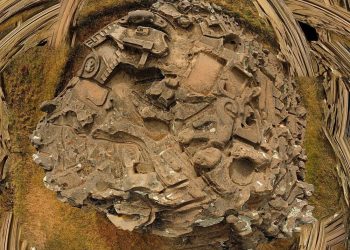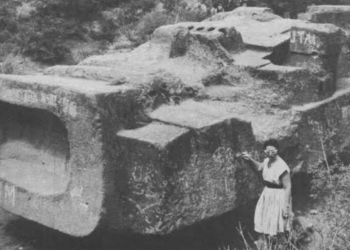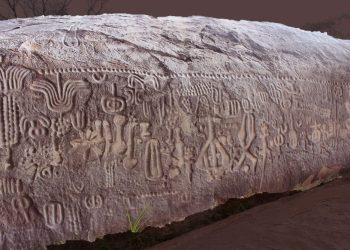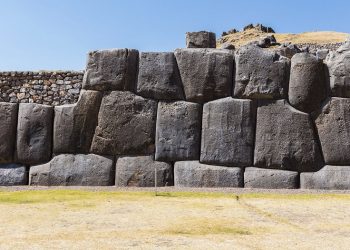When you Google ‘Who Invented the Very First Space Ship‘ you won’t get an answer for one man. That’s because no one person actually invented the spacecraft, but it was a collective work involving countless researchers.
The Vostok 1
The first person to be put inside a spaceship and flown into space, orbiting Earth, was Yuri Gagarin inside the Vostok 1 spacecraft. Therefore, many people say that the first spacecraft was Vostok 1. And that may be right and wrong at the same time.
Before Vostok, a number of ‘rockets’ had been produced whose simple goal was to reach the necessary altitude and exit Earth’s atmosphere. But all of that machinery is actually still very new.
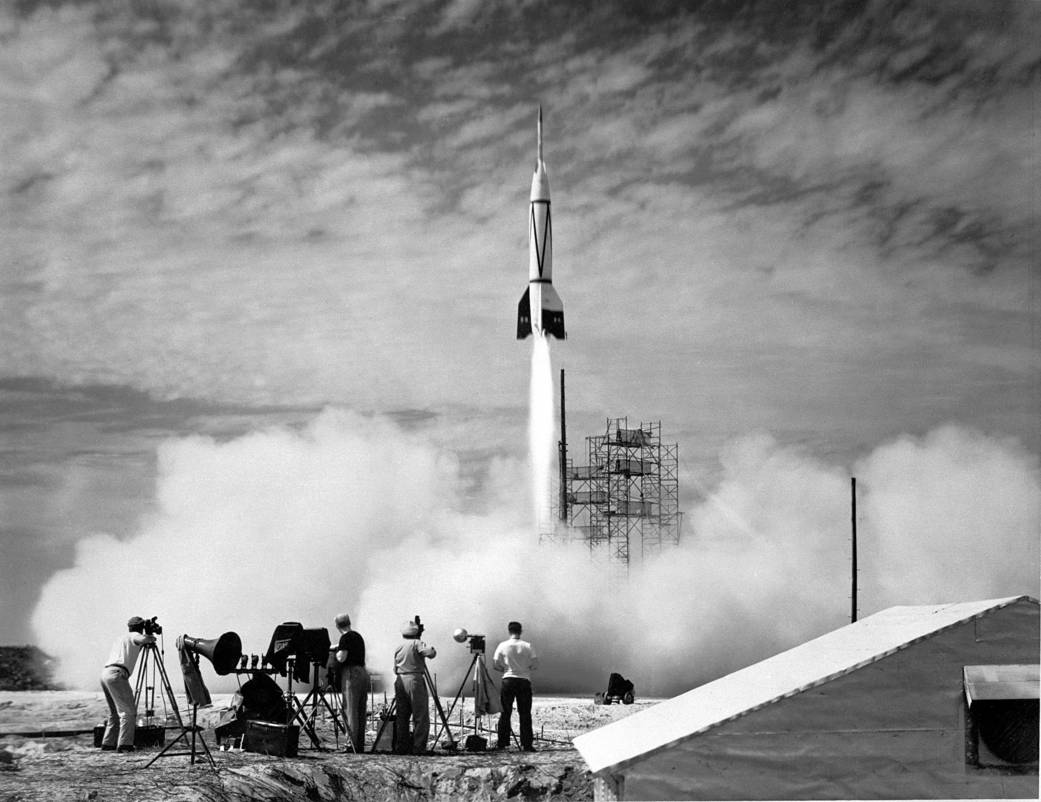
A History of Spacecraft
Even though mankind has only been recent to space (in a historical context), we’ve dreamed about reaching the stars for thousands of years. That’s why ancient civilizations worldwide, from Egypt to Asia, and Europe to the Americas, observed the stars trying to understand our origins.
In July 1950, the launch of the first rocket from Cape Canaveral, Florida: the Bumper 2, an ambitious two-stage rocket program that topped a V-2 missile base with a Corporal rocket. But even before Gagarin traveled to space, where he remained for 108 minutes, and before the USA made their very first attempts in building a rocket, people envisioned flying to space.
The Frist Spacecraft concept was in 1861
Not many people know that the very first person who accurately described a vehicle capable of flying outside Earth’s atmosphere propelled by ‘rockets’ was a man in 1861.
As noted by historian Robert Godwin, in 1861, a man called William Leitch successfully applied scientific principles for spaceflight in an essay he wrote. Titled “A Journey Through Space”, and later published in his book God’s Glory in the Heavens (1862), this was the very first description of an actual spacecraft.
William Leitch was “a distinguished astronomer, naturalist, and mathematician,” and his proposal for rocket spaceflight came four decades prior to more well-known proposals by Konstantin Tsiolkovsky (1903), Robert Esnault-Pelterie (1913), Robert H. Goddard (1914), and Hermann Oberth (1923).
In the essay, Leitch accurately attributed rocket thrust to the “internal reaction” (Newton’s laws of motion) and perfectly identified that rocket thrust is most effective in the vacuum of space.
“The fact that he was a scientist is the key to this story. He wasn’t just making a wild guess. Not only did he understand Newton’s law of action and reaction, he almost dismissively understood that a rocket would work more efficiently in the vacuum of space; a fact that still caused Goddard and others to be subjected to ridicule almost six decades later.”—Robert Godwin.
Have something to add? Visit Curiosmos on Facebook. Join the discussion in our mobile Telegram group.






